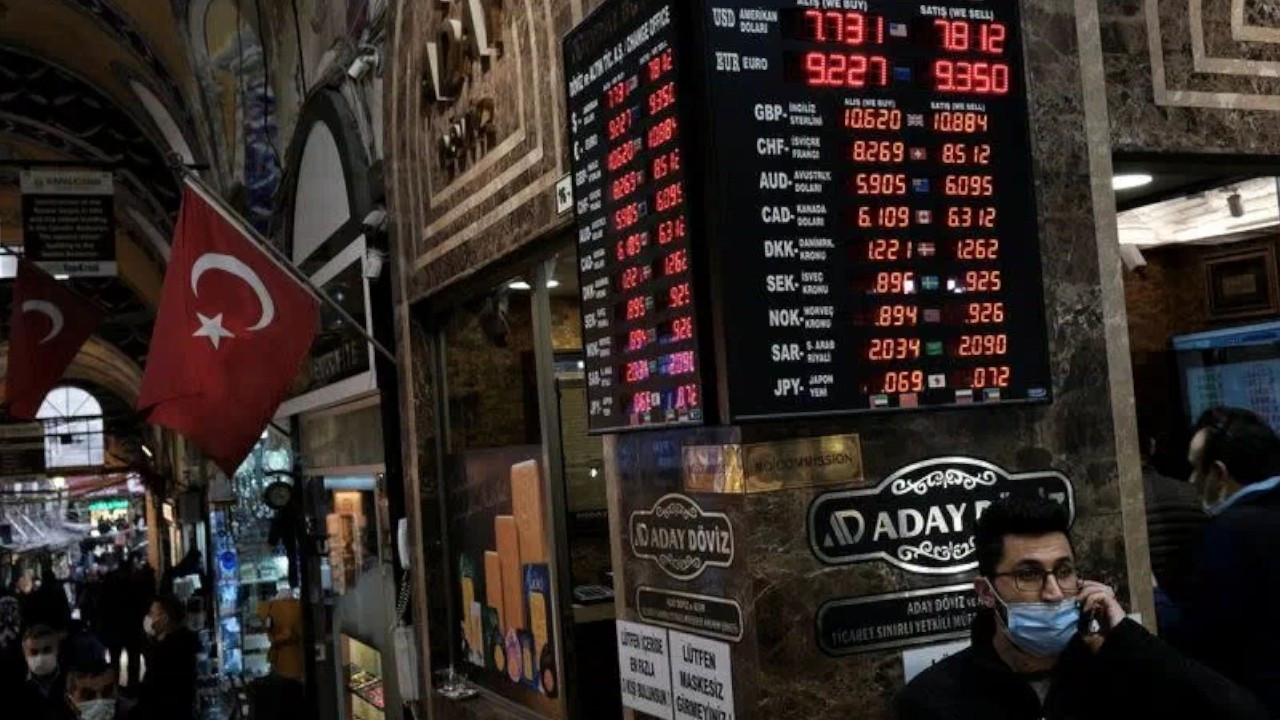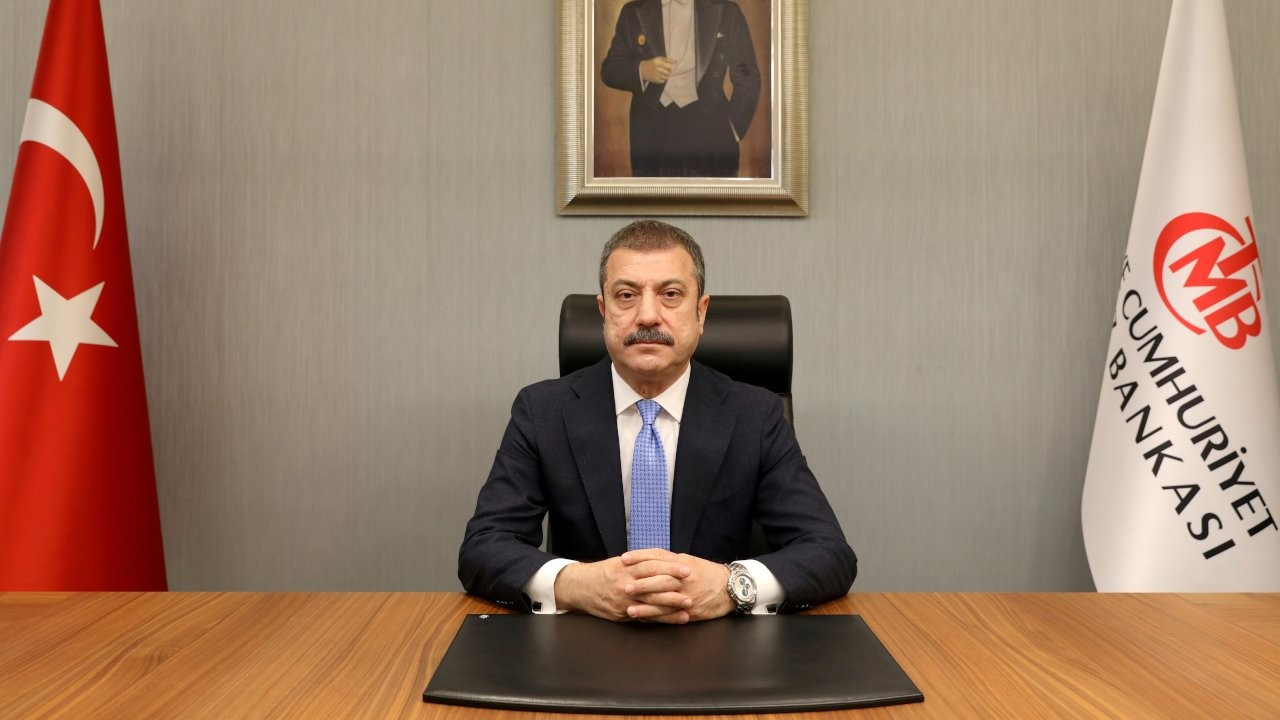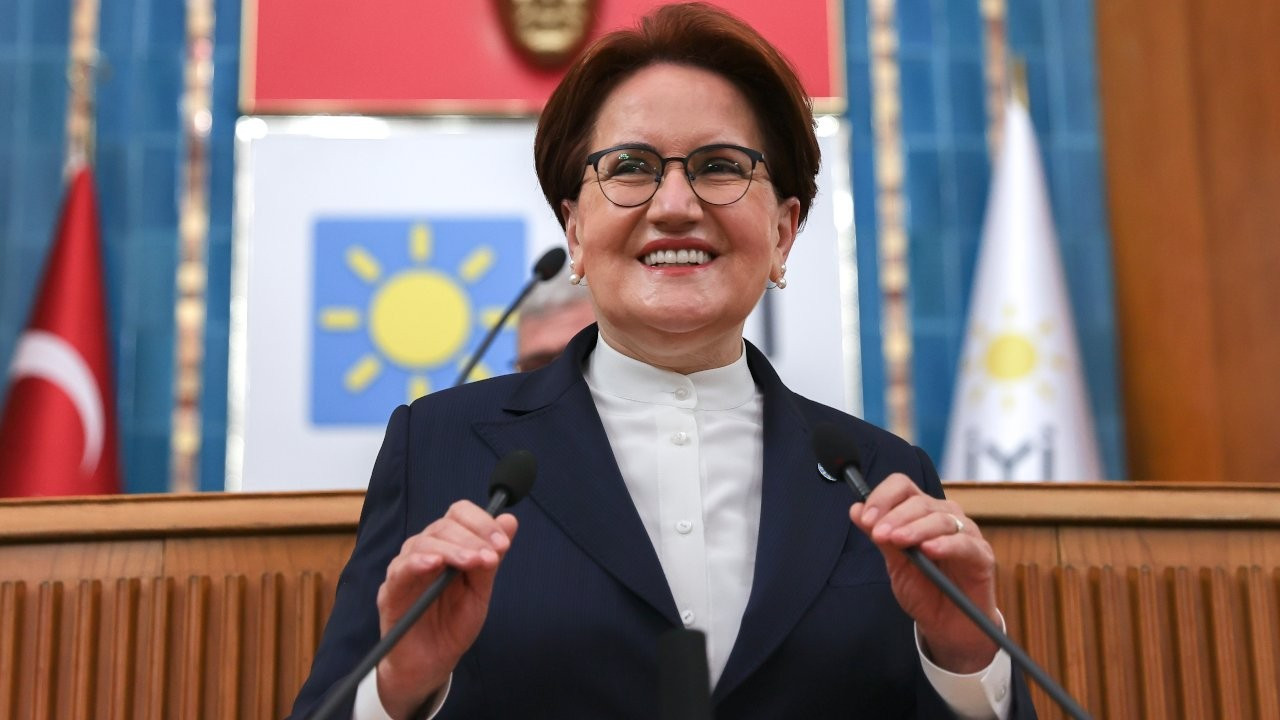Turkish lira slides after Erdoğan sacks cenbank deputy head
Turkish Lira continued its decline on March 30 following President Erdoğan's move to sack the Central Bank deputy head and appoint a former Morgan Stanley executive to the post. The lira was down about 0.7% at 8.28 versus the dollar, sliding for a fourth straight session and inching closer to a record low of 8.58 hit in November.
Duvar English
Turkish President Recep Tayyip Erdoğan's appointment of a Morgan Stanley executive to the Central Bank’s interest-rate setting committee led to the further weakening of the lira, as the shake-up at the monetary authority deepens.
Mustafa Duman, formerly an executive director at Morgan Stanley in Turkey, was named a deputy governor early March 30, according to a decree published in the Official Gazette.
Duman joins the Turkish Central Bank just over a week after the Turkish president sacked the third governor in less than two years in a decision that shocked investors and sent the currency tumbling. As deputy governor, Duman will be one of the seven members of the Central Bank’s monetary policy committee that sets the nation’s borrowing costs.
Duman replaced Murat Çetinkaya, the former chief executive of Borsa Istanbul group who had been serving as a deputy governor at the bank since August 2019.
The lira declined after the news and was down about 0.7% at 8.28 versus the dollar, sliding for a fourth straight session and inching closer to a record low of 8.58 hit in November.
The currency crashed about 10% last week as the appointment of Şahap Kavcıoğlu, a critic of high interest rates, as Central Bank governor sparked fears that he would reverse a series of recent rate hikes to tackle high inflation.
Kavcıoğlu on March 29 played down expectations of an interest rate cut in April or the following months, but his comments "were unable to truly support the lira as it was not exactly an outspoken 'no' to rate cuts," said You-Na Park-Heger, an FX analyst at Commerzbank.
The market turmoil, which Deutsche Bank estimates led to foreign outflows of up to $1.75 billion in Turkish equities and bonds, also raised concerns of capital controls, although the chief economic adviser to Erdoğan said on March 29 the country was not considering such moves.

 Erdoğan replaces central bank deputy governor by midnight decreeEconomy
Erdoğan replaces central bank deputy governor by midnight decreeEconomy Turkey's newly-appointed cenbank chief says April rate cut shouldn't be taken for grantedEconomy
Turkey's newly-appointed cenbank chief says April rate cut shouldn't be taken for grantedEconomy Turkey's problem is macro-Erdoğanic, not macroeconomic: İYİ Party leaderEconomy
Turkey's problem is macro-Erdoğanic, not macroeconomic: İYİ Party leaderEconomy